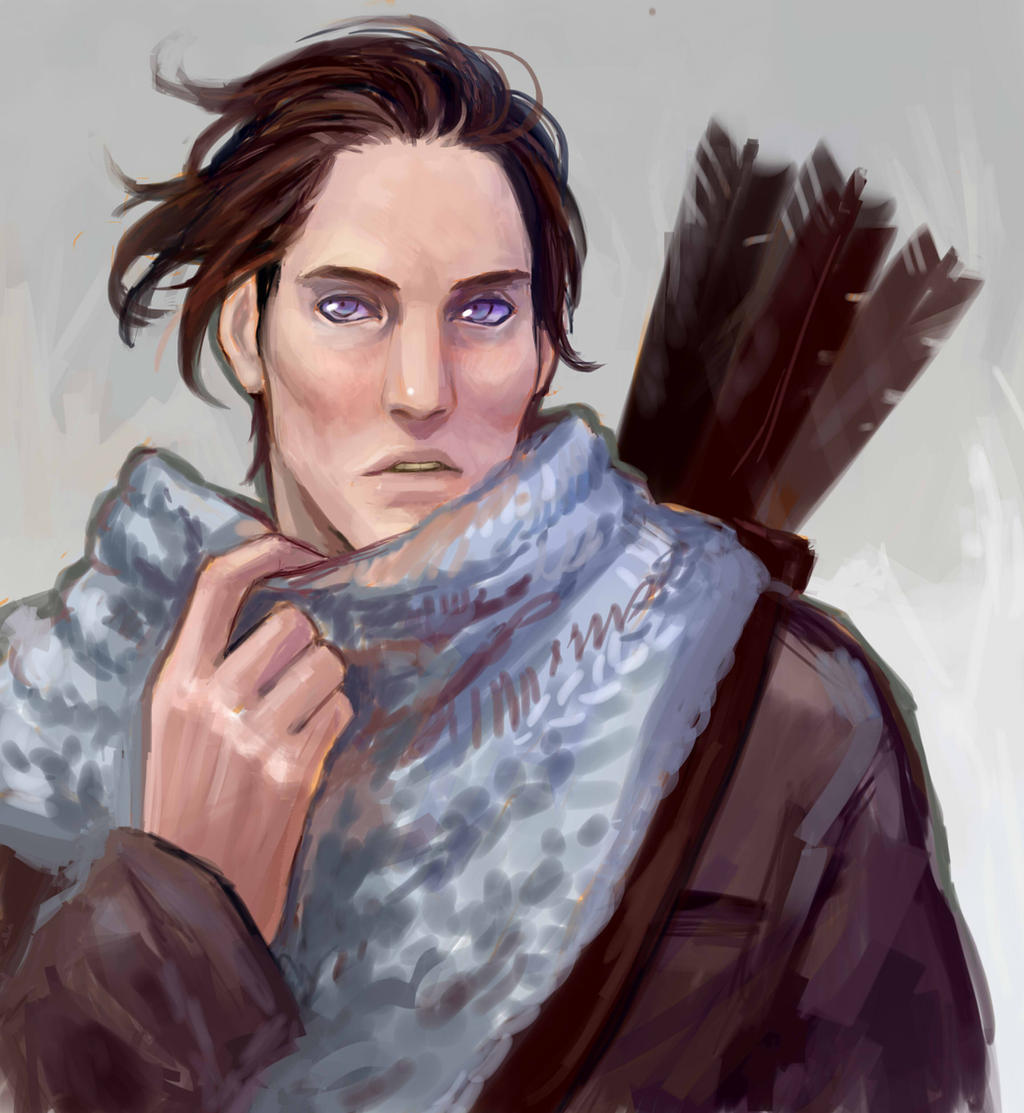Author’s Note: My apologies for my long absence! Anyway, this short essay was something I wrote as an assignment for a writers’ group I’m in. I was to write about what kind of elf I’d want to be. Sadly, due to car problems, I wasn’t able to attend a monthly meeting and share it. Regardless, here it is for you to read. Enjoy!
The movie Elf begins with a narration explaining that elves do one of three jobs: 1) They stay up late making shoes for cobblers, 2) they bake cookies in a tree (which, as you’d expect, is a major fire hazard), and 3) the most sought job of all, making toys for Santa Claus at the North Pole.
Every time I see this I think, “You left the best Elves out!”
I wouldn’t be an Elf who did any of these jobs. Not even for Santa.

I’d be…a Quendi.
For the uninitiated, that’s the amazing Elves from J.R.R. Tolkien’s The Lord of the Rings books and Peter Jackson’s films. Who wouldn’t want to be? These Elves were the first beings created by Iluvatar, the supreme being of that universe. They’re ageless and immune to disease. (Actually, that seems true of me, now that I think about it…).
The question is, which race of Elves would I rather be? There are the Silvan Elves (or Wood Elves), who live in forests, and the High Elves, who live in Rivendell. The former are comfortable in nature, and having grown up in the country, I’d fit in well. Plus, I could get archery and fighting lessons from Legolas, the Prince of the Woodland Realm. On the other hand, Rivendell is a gorgeous city, and I’m sure it has an amazing library. How else would Elrond and the rest of them be that wise? I’d also be able to hang out with Aragorn (who’s one of my favorite Lord of the Rings characters) and Arwen. It’d be great to watch their amazing love story unfold.
Speaking of favorite characters, my mother’s favorite is Legolas. I’ve often teased her for why she likes him. When I mention Aragorn, she says, “Eww. He’s dirty! I like Legolas because he’s clean.” To which I reply, “He’s an Elf! He’s immune to dirt! It just rolls right off him like water on a waxed car!”
Yet another perk of being a Quendi.
So, True Believers, what kind of Elf would you like to be?







/cdn.vox-cdn.com/uploads/chorus_image/image/55731311/Screen_Shot_2017_07_16_at_11.39.18_AM.1500219436.png)


